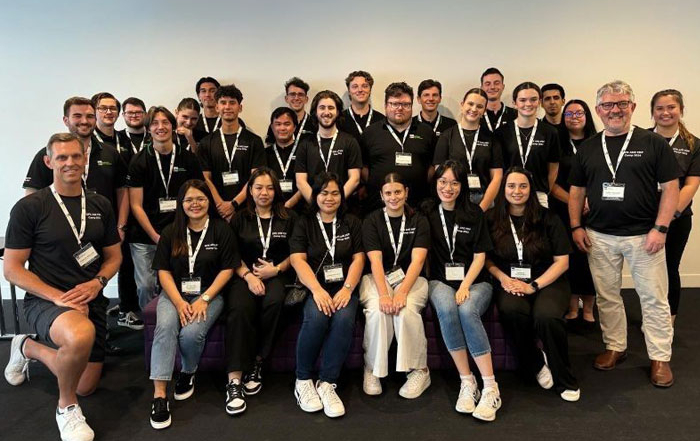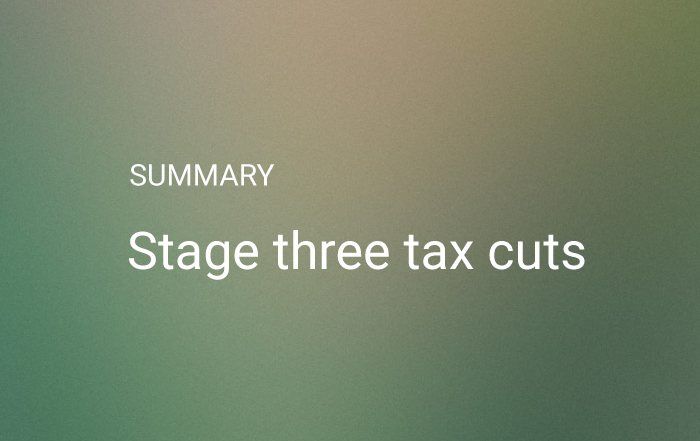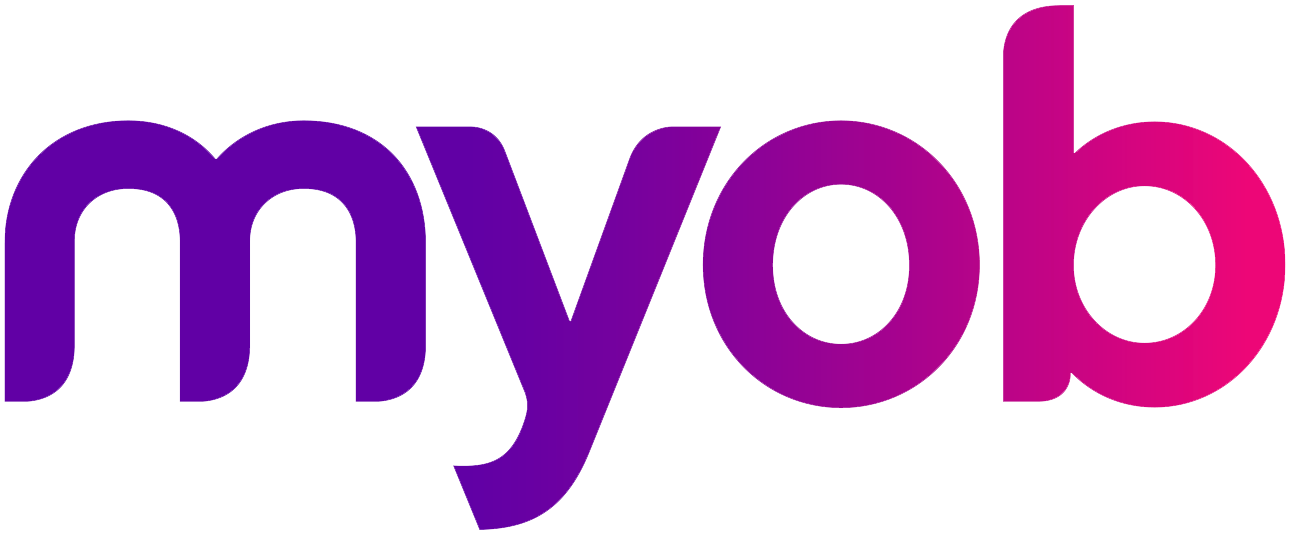
Lidija Kam
March 1, 2023
What is the change?
To encourage a greater take up of electric cars, the government introduced a FBT (Fringe Benefit Tax) exemption for eligible electric cars via the Treasury Laws Amendment (Electric Car Discount) Bill 2022 in July 2022, which received Royal Assent on 12 December 2022. This is a FBT exemption for car benefits in respect of eligible electric vehicles held and used on or after 1 July 2022. It includes electric vehicles provided under a salary packaging arrangement.
The exemption for plug-in hybrid vehicles ends on 1 April 2025 if the transitional requirements are not met. Under the former rules, electric cars provided to current employees for private use in respect of their employment were treated the same way as provision of a petrol or diesel fuelled car.
Who is eligible?
To be eligible for the exemption, the car provided to the employee for private use is required to meet all of the following conditions:
- It is a car designed to carry a load of less than 1 tonne and fewer than 9 passengers (including the driver).
- The car is a zero or low emissions vehicle.
- The first time the car is both held and used is on or after 1 July 2022. (This means second-hand cars that were used by the previous owner pre-1 July 2022 will not be eligible.)
- The car is used by a current employee or their associates.
- The first retail sale of the car is below luxury car tax limit ($84,916 for the 2023 financial year).
Zero or low emissions vehicles are defined as follows:
| Vehicle type | Requirements |
|---|---|
| Battery electric vehicle | (a) uses only an electric motor for propulsion; and (b) is fitted with neither a fuel cell nor an internal combustion engine. |
| Hydrogen fuel cell electric vehicle | (a) uses an electric motor for propulsion; and (b) is equipped with a fuel cell for converting hydrogen to electricity; and (c) is not fitted with an internal combustion engine. |
| Plug-in hybrid electric vehicle * | (a) uses an electric motor for propulsion; and (b) takes and stores energy from an external source of electricity; and (c) is fitted with an internal combustion engine for either or both of the following: (i) the generation of electrical energy; (ii) propulsion of the vehicle |
*Plug-in hybrid will cease to be a Zero or low emission vehicle from 1 April 2025.
The following car expenses are also exempt from FBT if they are provided for an eligible electric car:
- Registration
- Insurance
- Repairs or maintenance
- Fuel (including electricity to charge and run electric cars)
How this change may impact your business
1. Reportable fringe benefits
For any electric car benefits exempted from FBT, the notional taxable value of this exempt benefit is still required to be included in the reportable fringe benefits amount calculation for an employee. There are certain exemptions, including where the car is a pooled or shared vehicle.
As this treatment is different to the usual treatment of exempt fringe benefits, check with your payroll software provider that they have made the necessary changes to provide accurate reporting to the ATO. Reportable fringe benefits are not directly taxed, but may affect eligibility and income tests for certain government benefits and obligations.
2. Payroll tax implications
While exempt fringe benefits are generally excluded for payroll tax purposes for all States and Territories, it is important to keep up-to-date with any changes of treatment (e.g. State governments may amend payroll tax legislations which will result in different treatment in the future).
3. Sunset clause on plug-in hybrid electric cars
From 1 April 2025, plug-in electric cars will no longer be considered as zero or low emission vehicles, ceasing them to be eligible for the FBT exemption. Transitional rules apply to existing arrangements to allow continuous exemption if the following requirements are met:
The use of the plug-in hybrid electric car was exempt before 1 April 2025.
You have a financially binding commitment to continue providing private use of the vehicle on and after 1 April 2025.
Thus, care should be taken when considering changes to the arrangements on or after 1 April 2025 as these may jeopardize any FBT exemption previously applicable to a plug-in hybrid electric car. Refinancing the car, optional extension to the arrangement, and change of employer are example of changes which may cease the plug-in hybrid electric car’s eligibility for the FBT exemption on or after 1 April 2025.
4. Reimbursement of electricity for electric cars
Employees may seek reimbursement of the electricity cost to charge the electric cars. Although electricity to charge and run electric cars has been confirmed by the ATO to be a car expense, there is currently no guidance provided by the ATO on how to calculate these costs. It may be prudent to wait for the ATO’s guidance before entering into an agreement with employees to reimburse electricity costs to charge and run the electric cars.
What do you need to do for FBT Year ended 2023 and beyond
- Review all car benefits provided to employees after 1 July 2022 to determine if the electric car exemption applies.
- If planning to take advantage of the electric vehicle exemption,
- Ensure all requirements are satisfied
- consider all pros and cons of providing this benefit (e.g. cost difference between electric cars and the petrol or diesel counterparts and on-going running costs, financial cost of the reportable fringe benefits
- Consider the availability of electric vehicles
DFK Gooding Partners comment
The government plans to complete a review into this exemption by mid-2027. There is no guarantee that the exemption will continue or for how long after the review.
Beside the FBT exemption, the government has introduced further initiatives to increase electric vehicles uptake, such as establishment of a National Electric Vehicle Charging Network and ‘hydrogen highways’ and a tariff import exception for eligible electric vehicles.
For further information on the exemption, refer to the ATO issued fact sheet.
Do you need assistance navigating FBT exemptions?
Complete our enquiry form below, or contact us at info@dfkgpca.com.au / (08) 9327 1777









